May 18, 2025 | 02:26 GMT +7
May 18, 2025 | 02:26 GMT +7
Hotline: 0913.378.918
May 18, 2025 | 02:26 GMT +7
Hotline: 0913.378.918
In its ongoing efforts to ensure water security, Israel is revolutionizing the agricultural sector with every drop of water. The innovative methods we employ in water usage have gained international recognition for their efficiency and effectiveness.
One of the most remarkable examples of Israel’s water management techniques can be seen in the desert region of Eilat. Here, an Israeli farmer utilizes a sophisticated drip irrigation system that delivers a carefully controlled mixture of groundwater and recycled water directly to palm trees. This innovative system ensures that each tree receives the precise amount of water it needs to thrive, even under the extreme heat of the desert summer. According to the water and wastewater management company of Eilat, the entire city's wastewater is treated and repurposed for agricultural use.
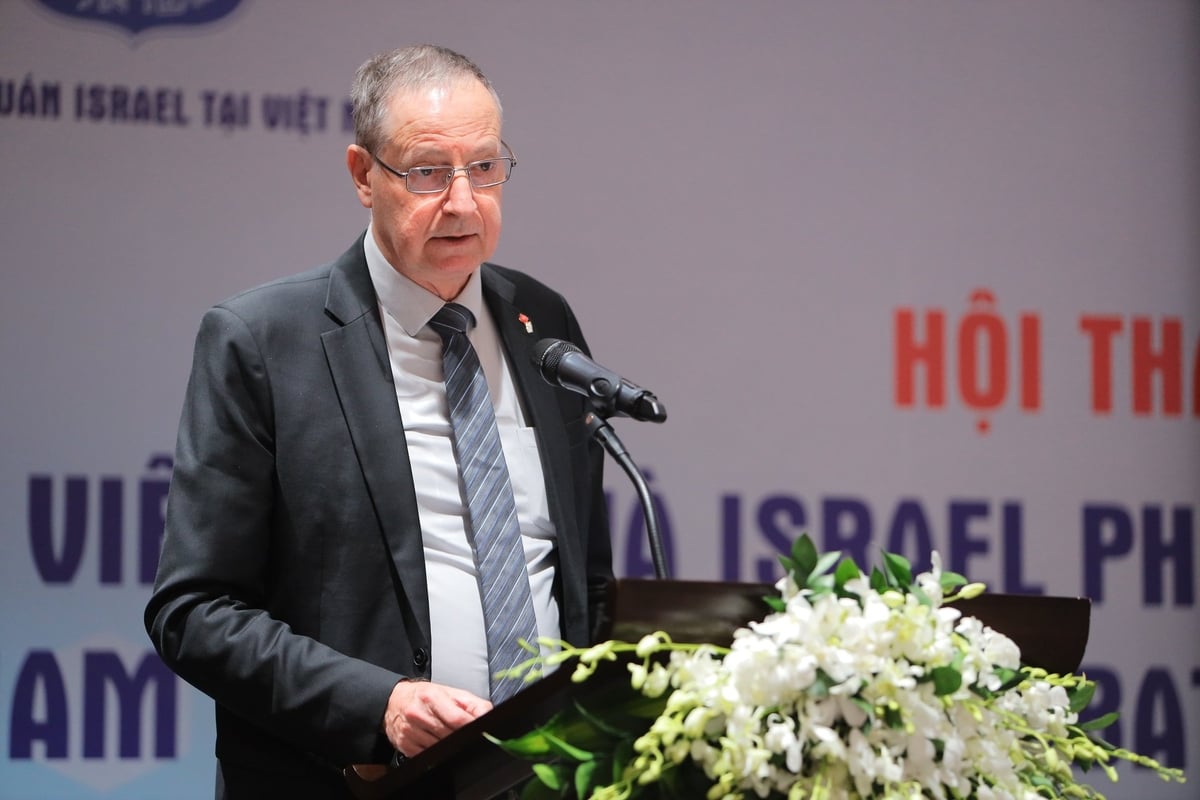
Mr. Yaron Mayer, Israeli Ambassador to Vietnam. Photo: Embassy of Israel.
In the context where agriculture accounts for approximately 70% of Israel's total water usage, this illustrates the core mindset and spirit of our country when it comes to addressing the issue of water security. Despite Israel’s dry climate and limited natural water resources, the country has risen to become a global leader in water resource management. This achievement is the result of strategic policies and groundbreaking technology. Water is viewed as a public asset in Israel, and citizens are continuously encouraged to use it wisely and efficiently. As a result, we not only ensure water security for ourselves but also provide water to both Palestine and Jordan.
Water resource management in Israel is coordinated under the leadership of the Israel Water Authority, which is responsible for ensuring that water is allocated in a fair and effective manner between all sectors of society. One of the key strategies that has been instrumental in Israel’s success is the transformation of seawater into usable freshwater.
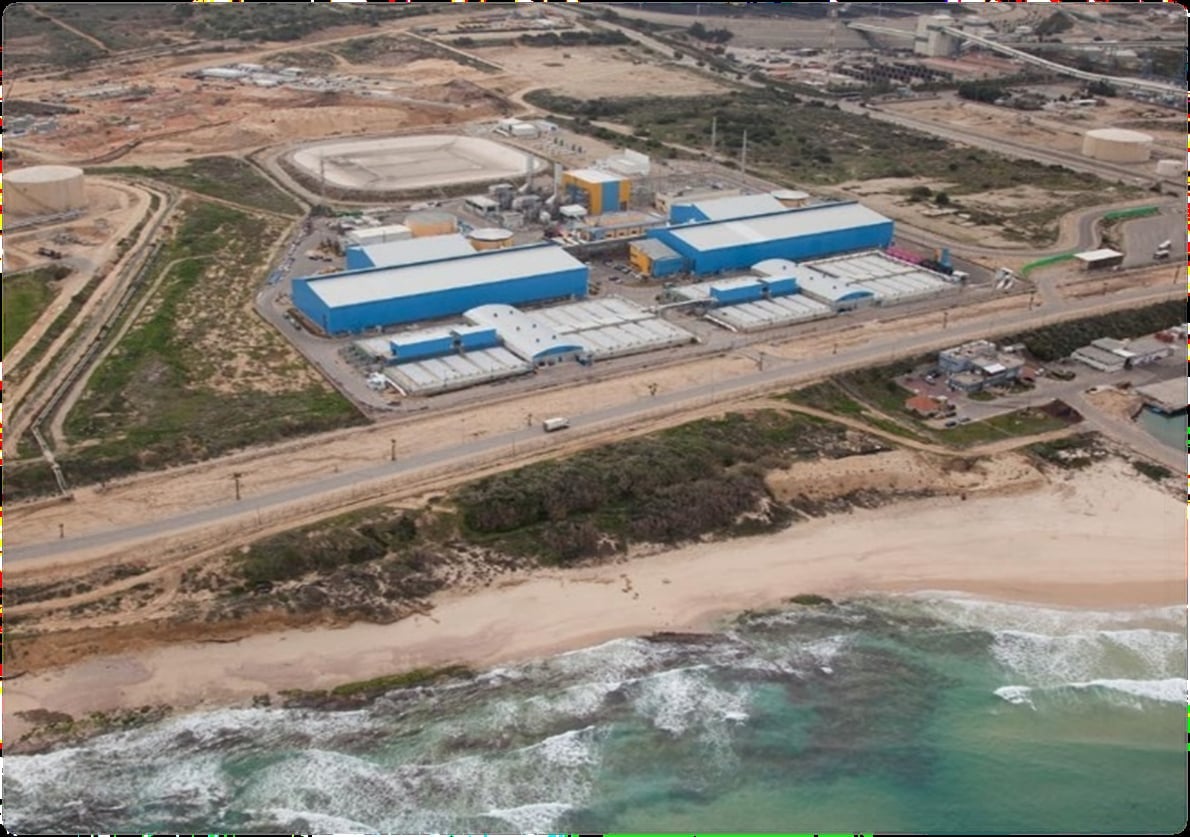
The desalination plant in Ashkelon, Israel. Photo: Israeli Embassy.
Currently, Israel operates five desalination plants that supply approximately 80% of the country's drinking water, while also recycling nearly 90% of wastewater for agricultural purposes. One of the most notable innovations is drip irrigation technology – a system that Israel proudly invented in the 1960s. This method delivers water directly to the roots of plants through a network of pipes, significantly reducing water loss due to evaporation. It increases crop yields and supports sustainable agriculture in water-scarce regions, such as the desert city of Eilat.
Modern-day solutions now integrate advanced sensors, precision irrigation, and the use of recycled water. These technologies not only help local agriculture thrive but also have a profound impact on farming practices worldwide.
Israel is actively supporting countries across the world in securing water resources for agriculture, industry, and domestic use, including Vietnam. Drip irrigation has been widely implemented in Vietnam, from highland farms in Lai Chau to melon orchards in Thai Nguyen. I can deeply sense the urgent need among local farmers to invest in this water-saving technology. This is just one of many potential solutions that Israel and Vietnam can collaborate on.
Vietnam is a country with an abundance of rivers and fertile agricultural land, yet it faces a range of significant water challenges. These include issues such as saltwater intrusion in the Mekong Delta, which threatens rice production; water pollution caused by rapid industrialization and urbanization; and water shortages and droughts in regions like the Central Highlands and the Southern provinces. Israel has long sought to assist Vietnam in overcoming these challenges, particularly in areas such as the Mekong Delta, the Central Highlands, the northern mountainous regions, and arid regions like Ninh Thuan and Binh Thuan.
One of our key advantages is that Israeli water technology is becoming increasingly popular in Vietnam, from businesses to government agencies, as well as among individual farmers.
Through MASHAV – the Israel Agency for International Development Cooperation – numerous universities in Vietnam, such as the Vietnam National University of Agriculture and Thai Nguyen University of Agriculture and Forestry, have been funded to implement advanced Israeli irrigation systems. These systems are not only being used in teaching and research but also providing real-world solutions to improve agricultural practices. In addition, MASHAV has organized several short-term training courses, both in Israel and Vietnam, for water management experts, policymakers, and professionals from Vietnam.
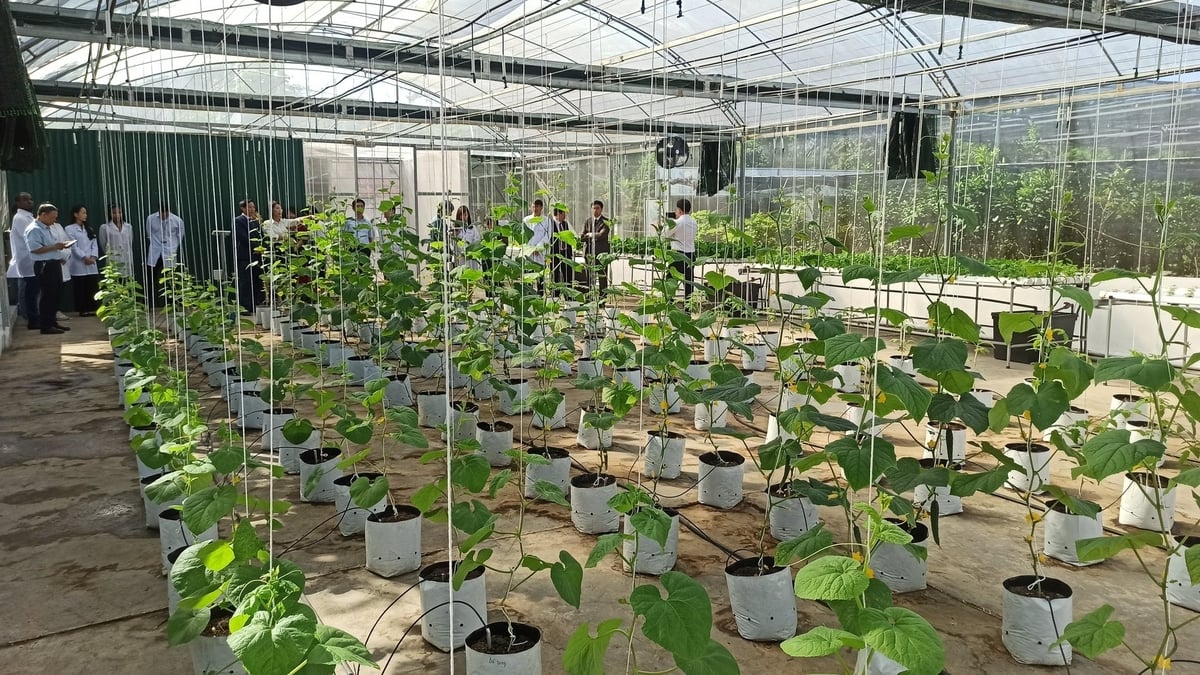
The drip irrigation system donated by MASHAV to Thai Nguyen University of Agriculture and Forestry. Photo: Israeli Embassy.
As part of its ongoing efforts, the Israeli Embassy has partnered with the Ministry of Agriculture and Rural Development (now the Ministry of Agriculture and Environment) to improve water management, especially in the Southern regions, where some areas of the Mekong Delta were severely impacted by saltwater intrusion in 2023.
Looking back at the severe drought that affected 18 provinces in Central and Southern Vietnam in 2015-2016, we recognize that Israel's water management models and water recycling technology could serve as effective solutions. Recently, a cooperation agreement between the Ministry of Agriculture and Environment and the Thien Tam Fund of Vingroup was signed to introduce Israel's advanced irrigation technology to 10 provinces across Vietnam.
The scope of cooperation on water resources between Israel and Vietnam extends far beyond technological solutions. Water is not just a national resource, but a global asset that requires careful management to ensure sustainability for future generations. Both of our countries are committed to achieving the United Nations Sustainable Development Goal: "Ensure the availability and sustainable management of water and sanitation for all".
Israel’s journey from water scarcity to water abundance has proven that with the right methods and technology, even the most challenging water-related issues can be overcome.
On the occasion of World Water Day 2025, I would like to reaffirm Israel’s unwavering commitment to partnering with policymakers, businesses, and communities in Vietnam. Together, we can build a future where water resources are managed intelligently, efficiently, and sustainably.
Translated by Phuong Linh

(VAN) The project contributes to enhancing the resilience of communities vulnerable to the impacts of climate change, with a primary focus on local women.
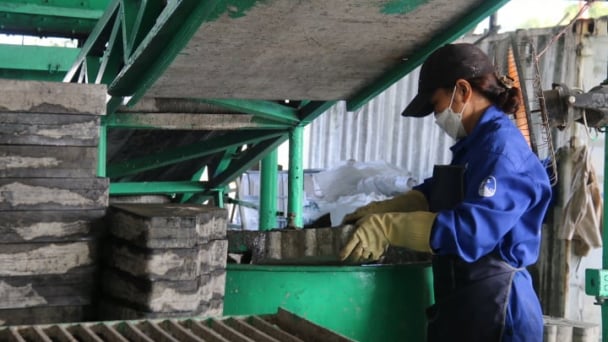
(VAN) Green materials help save energy and resources. However, after more than 10 years, Vietnam has only developed over 200 green buildings with more than 6 million square meters of floor space.
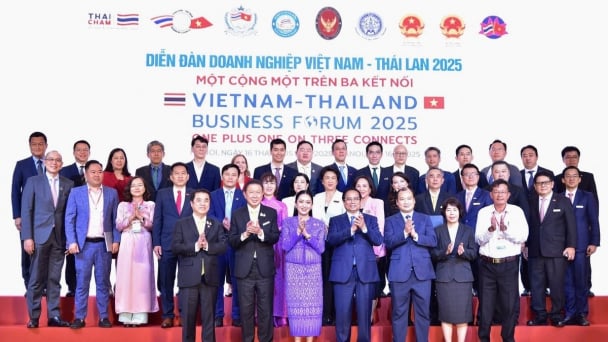
(VAN) Vietnam - Thailand Business Forum 2025: One plus one on three connects, marking a milestone in the comprehensive strategic partnership between the two nations.
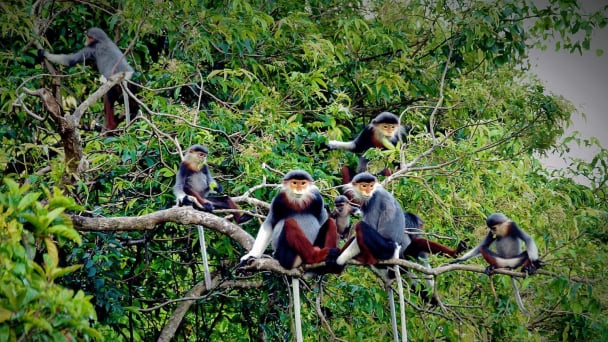
(VAN) The United Nations designated 22 May as the International Day for Biodiversity 2025 with the theme 'Harmony with nature and sustainable development.'
![Multi-channel, multi-directional Vietnamese agricultural markets: [8] A national strategy is needed](https://t.ex-cdn.com/nongnghiepmoitruong.vn/608w/files/phucpm/2025/05/15/1435-thi-truong-nong-san-viet-da-kenh-da-huongbai-8-can-mot-chien-luoc-quoc-gia-084750_728.jpg)
(VAN) The Chairman of Hung Nhon Group shared: ‘Opening up and tapping into new markets is the right and strategic direction for Vietnam's agricultural sector.’
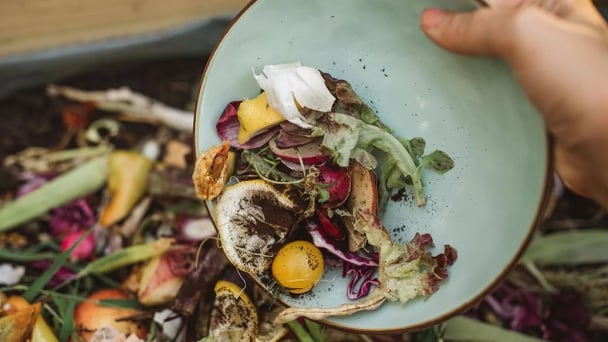
(VAN) Food waste has become a serious issue in modern society, especially in rapidly urbanizing and developing cities like Hanoi.
![Multi-channel, multi-directional Vietnamese agricultural markets: [7] Deep processing makes global reach easy](https://t.ex-cdn.com/nongnghiepmoitruong.vn/608w/files/huytd/2025/05/16/2946-che-bien-sau-chia-khoa-vang-nang-tam-nong-san-viet-tren-ban-do-the-gioi-080603_110-093858.jpg)
(VAN) The application of deep processing technology is helping Vietnamese agricultural products enhance their value, create competitive advantages, and open doors to conquer global consumers.